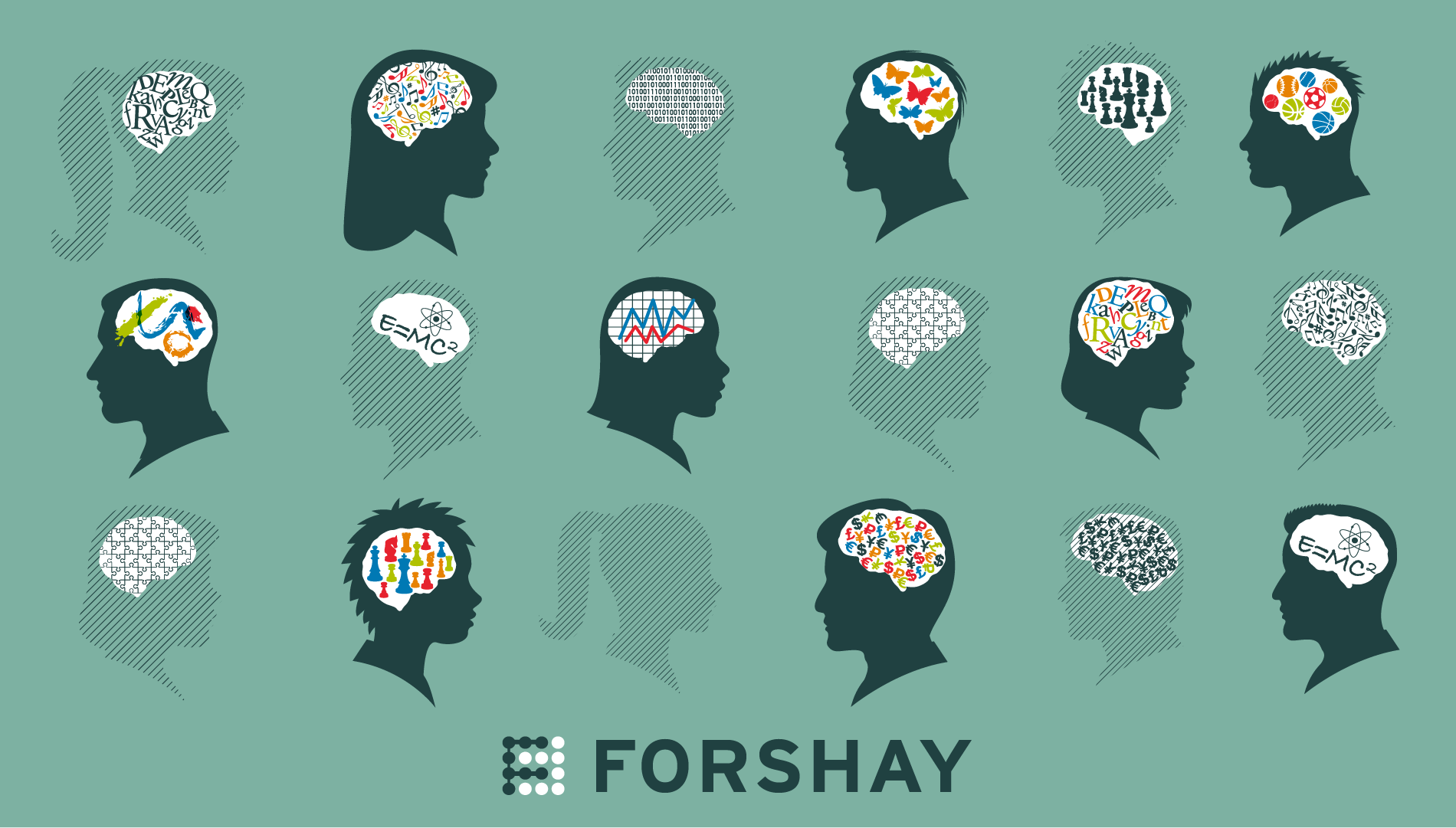
Half of us (just not you or me, right?) will need to reskill or upskill in the next five years, according to this article in the World Economic Forum. Why? Because of the “double-disruption” of the pandemic and the ongoing delegation of work to machines. Read the entire article to see a quick chart of the top 10 skills of 2025, but here are our top takeaways:
- Problem-solving skills dominate the list (hmmm…does your performance management measure the skills of originality, creativity, and initiative?)
- Once considered “soft skills” (oddly named as they are oh so very hard), “resilience, stress tolerance and flexibility” emerge, and zero people are surprised. What’s interesting though is they are categorized as “self management” – yet we know that skills are learned more effectively through action and with others than alone. So, consider how you one-up the World Economic Forum by creating action-based, team-oriented learning to strengthen the skills that not only are essential to our work, but also essential to enjoying our full lives.
The good news though is that it can take only 1-2 months to learn some of these skills and 4-5 months to learn others…so, let’s move these ideas into action well before 2025.
Our top 3 list for how to skill up for 2025:
- Busting procrastination with science (a double feature!) Neuroscience sheds light on how it’s not as simple as a character flaw when we procrastinate big projects…one contributor is that hit of dopamine we love by checking off our to-do list with easy-to-finish tasks. The other science insight (that I think deserves a floodlight) is how we’re driven more by emotion than logic. When learning something new, if you experience emotions such as feeling uncomfortable, insecure, or even bored…these emotions can hinder you from sticking to your learning goals. Consider blocking your calendar to have the space to do the deep learning, and then when (since it’s more much more likely than “if”) you feel emotions that want to squirm out of the learning, notice them, name them, release them, and control not just your future skill growth, but also your emotional ride on the journey.
- Chase your curiosity
What skills are most interesting to you? Which do you really feel compelled to develop? Start there. The power of the pull will make learning flow instead of feeling like another thing you “should” (read: emotional yuck) do.
- Whole human learning
One of the reasons we love being in the business of making work better, is the essential elements are about making us as humans better (which then makes working with others better). Consider which skills you grow that will benefit your full life. Growing your resiliency, for example, will provide you benefits even before a promotion or performance review tells you that you’re rocking it.
Curious people are not only more fun to be around, but they achieve more, have greater well being, expand our empathy, and the list goes on. You definitely want to hire them, and even more superlatively (okay we know that’s not a word) want to be one. They do amazing things not only for themselves, but for your team and your company. The Future of Skills is really the Future of Investing in Learners. Not only so they stay, but so they have a great experience working for you. Because isn’t that what we all want? To work with people who learn, so we can learn with them, and enjoy the full journey together. Otherwise, if all your learners ditch (because you aren’t investing in learning & development), you’ll be stuck with the people who still use phone books.






